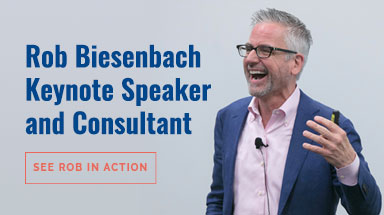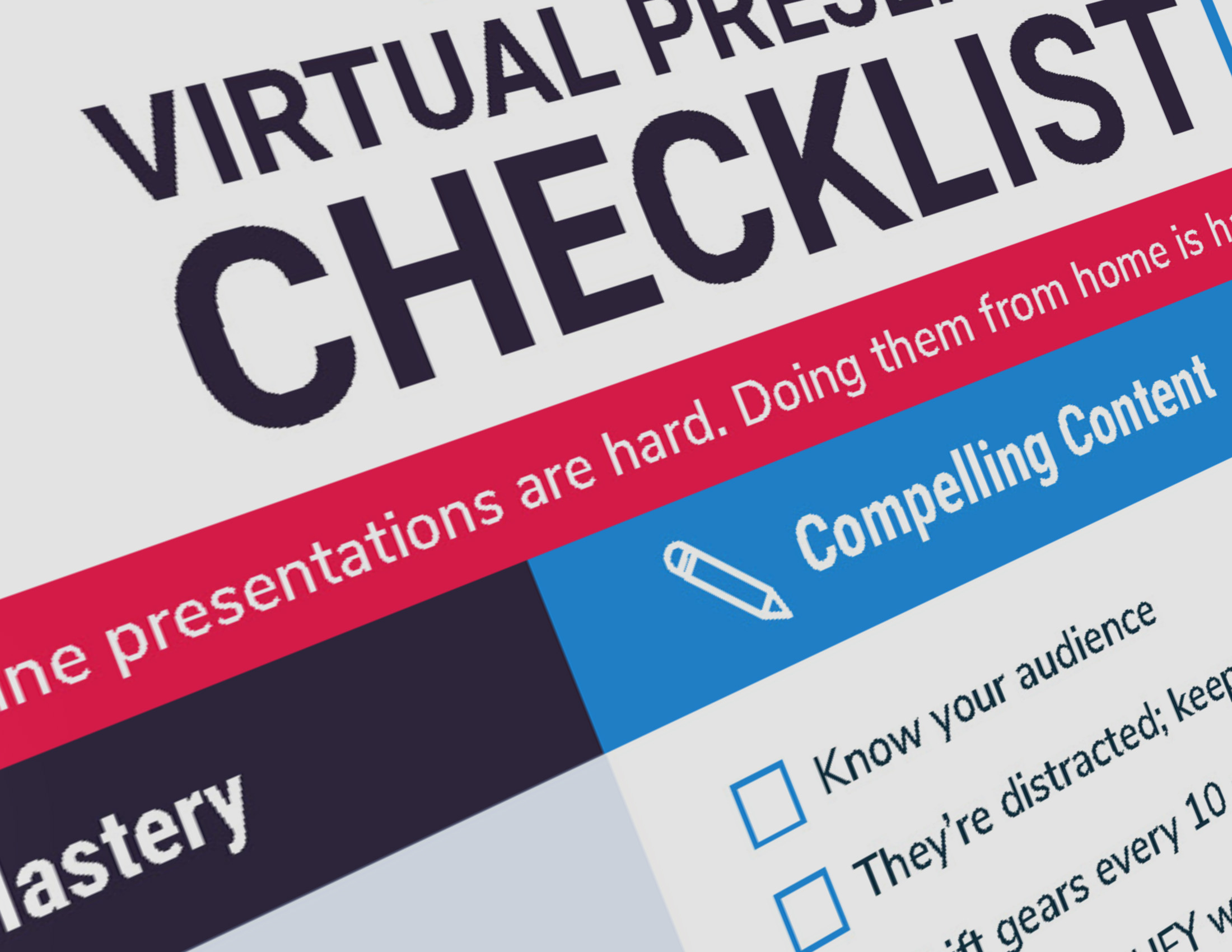 There are certain phrases speakers use that set off alarm bells in my head. They signal a lack of preparation, audience focus or commitment to the opportunity.
There are certain phrases speakers use that set off alarm bells in my head. They signal a lack of preparation, audience focus or commitment to the opportunity.
And it is an opportunity. You have a roomful of people who came to hear what you have to say and are hoping it will change their world in some small or large way. Don’t squander it!
So if you want to keep people from tuning out (or heading for the nearest exit), eliminate these phrases from your talk.
1. Is This Thing On? Can You Hear Me?
Wait, are you telling me you didn’t arrive an hour early and test out the audio ahead of time? What else did you fail to do?
Is your video going to buffer endlessly? Is the screen going to malfunction? Have you checked all your facts?
It may seem like a small detail, but it’s the kind of thing that, together with other rookie mistakes, slowly chip away at your credibility.
2. I Just Threw This Together
Really? Then why are you wasting our time?
Step away from the podium and let us read our phones without the distraction of you talking in the background.
The same goes for phrases like, “I’m really tired,” “I’m not feeling well,” and “My dog ate my PowerPoint.”
But seriously, respect us, respect the material, respect the process. Don’t dig yourself a hole by undermining your authority from the start.
3. Let Me Tell You About Myself
No, don’t. Tell me instead about what you can do for ME. That’s all any audience wants.
I once saw a presenter spend the first 10 minutes of a 50-minute presentation walking us through every detail of his career history.
Hey, buddy, you don’t have to prove your worth to us — you’ve already got the gig! That’s why you’re standing up there and we’re sitting out here. We assume you’re the expert.
Now dazzle us with your knowledge, not your resume.
4. You Can’t Read This in Back
I’ve got news for you: the view up front ain’t so great, either. I actually envy the people in back — all they see is a calm sea of gray. Me? That overwhelming jumble of words makes me feel like I’ve stepped into a larger-than-life Wikipedia page.
We didn’t come here to read; we came here to watch. And while we’re reading your slides we’re not listening to you. And vice versa. See the problem? The message gets muddled.
So replace those words with evocative images. And if you need the words for a script, then we have even bigger problems.
5. This Chart Shows …
Remember the episode of “Friends” where Joey’s at an audition and accidentally reads the words “long pause?” That’s what’s known as a stage direction. It’s not meant to be read aloud.
But speakers do this all the time: “This chart shows,” “Here’s a quote,” “On this slide you’ll see …”
We already know it’s a chart, a quote and a slide. You don’t have to tell us!
But imagine instead if you said, “Our campaign has directly contributed to a 30% increase in engagement” while the slide behind you shows a simple graph illustrating the point.
Show, don’t tell.
6. I’d Like to Tell You a Story
Good, I love stories. They’re the most powerful part of any presentation.
But you don’t have to warn us in advance. Humans are conditioned to stories from practically the moment we’re born. We can see them coming from a mile away.
So just launch right into it: “There I was, standing on the street corner, in my pajamas …”
And whatever you do, don’t start by telling us what the story is about. If we can’t figure out the point of your story from the story itself, the story needs fixing.
7. Any Questions?
None that I can think of. Like most audience members I’m only half paying attention anyway. And I’m tired and I’m wondering what’s for lunch and I don’t feel like doing any abstract thinking right now.
Make it easy on us. Ask a leading question like, “Who’s had an experience like this that they’d like to share?” or “What are your biggest concerns about what I’ve presented?”
It’s All About the Audience
Presentations are hard work. With the rise of TED Talks, audience expectations are sky high, and we all have a world of easy distraction at our fingertips.
Think first of us. Focus on our needs. Cut the clutter and prepare, prepare, prepare. Do those things and you’ll have a much better chance of success.
[Photo by Campaign Creators on Unsplash]
[This post is based on a story that first appeared in PRSA’s Strategies and Tactics]




